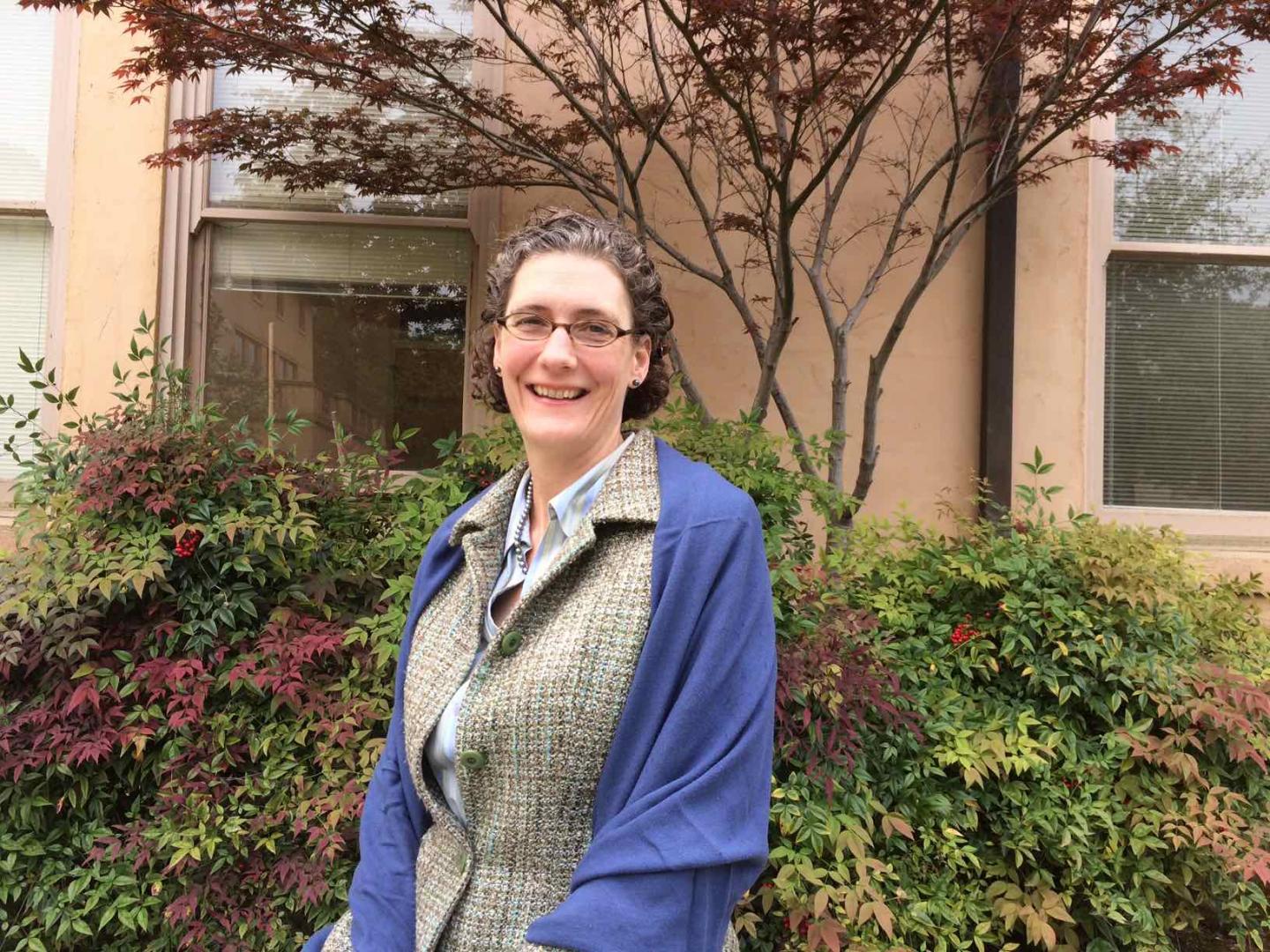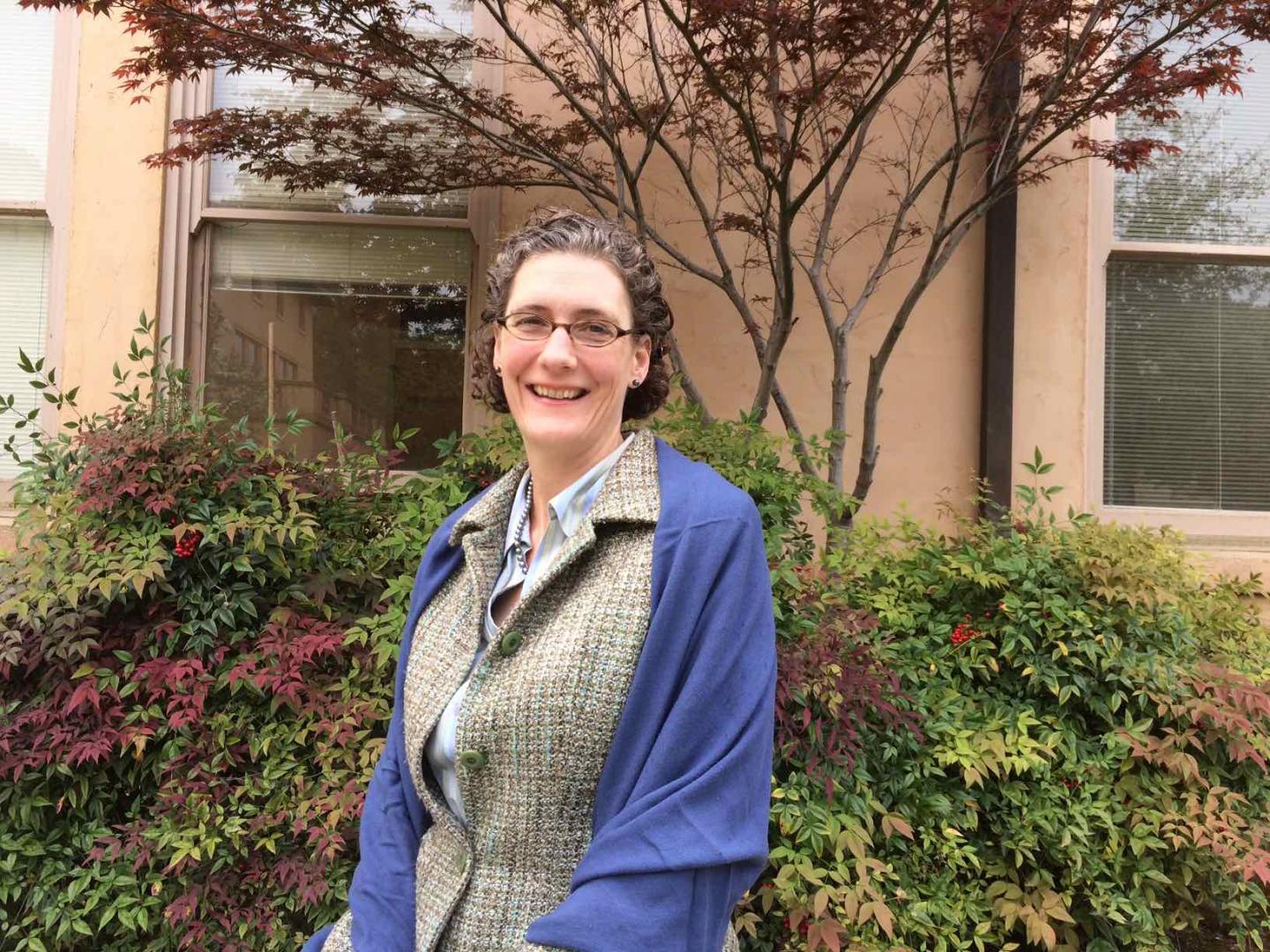
Credit: Jeffrey Day
Liza Grandia, associate professor of Native American studies at the University of California, Davis, has received a $270,000 Mellon Foundation New Directions Fellowship. The fellowship will allow her to study toxicology and environmental epidemiology to become "a more productive interlocutor" between indigenous communities and the environmental health sciences.
Her proposal, titled "Toxic Trespass," proposes ways to build cross-disciplinary bridges to provide data to indigenous people affected by human-made environmental hazards. The work builds on her collaborations with the Q'eqchi' Maya people of Guatemala and Belize on agro-environmental issues over the last two decades.
"We have brilliant environmental health scientists at UC Davis, but they may not have cross-cultural training and perspectives, and scholars who work with indigenous populations that face all kinds of environmental threats," said Grandia, a cultural anthropologist.
"At UC Davis, there is an aspiration to bring the humanities and social sciences together with the hard sciences, and I hope to do that," she said. "I don't think I would have conceived of this if I weren't at UC Davis."
During her five years at UC Davis, students in her "Introduction to Native American Studies" and especially "Native Foods and Farming of the Americas" classes gave Grandia inspiration to begin building these cross-disciplinary linkages.
"It is often students who make the introductions that lead to collaboration," Grandia said.
"The Q'eqchi' confront many environmental conflicts from pesticide exposure and extractive industries through nickel mines, sugar cane and palm plantations, and oil pipelines," she said. "They need hard data about the environmental hazards in their territories."
Those who protest environmental degradation have often suffered retaliation. In the area of Guatemala where Grandia worked, a schoolteacher was shot and killed after denouncing a palm oil plantation that had dumped pesticides into a river.
"Land rights and environmental organizers are under constant death threats, but they rarely abandon their work." she said. "They inspire me to overcome my own fears and move forward with my research."
Grandia's own battle with lymphoma nine years ago, which she believes may have been triggered by her exposure to pesticides during years of fieldwork in Central America, led indirectly to her Mellon-supported project. At the time of her diagnosis, she and Q'eqchi' leaders were working on ways to use the United Nations principle of the right to "free prior informed consent" to halt development of their territories.
"Under the chemotherapy drip came an idea that I have been kindling ever since: the potential use of FPIC to challenge the nonconsensual presence of synthetic chemicals in the bloodstreams of indigenous peoples — and virtually everyone else on the planet," Grandia said.
"I spent seven years in rural Mesoamerica, but after cancer, I couldn't continue that kind of fieldwork," she said. "Now that I'm in remission, the Mellon Fellowship comes at the right moment for reinventing my research at a different scale."
As part of the 18-month project, she will take classes and travel to conferences to enhance her ongoing research with Q'eqchi' communities.
"This training will also jumpstart my next major ethnographic project on cultural perceptions of the risks associated with toxic chemicals in everyday life," she said. "It is my idea that until privileged people become more concerned about the trespass of synthetic chemicals into their bodies, little will be done to address the greater environmental injustices faced by indigenous and other marginalized peoples."
###
Media contact(s)
Jeffrey Day, Humanities, Arts and Cultural Studies, 530-219-8258, [email protected]
Karen Nikos-Rose, UC Davis News and Media Relations, 530-219-5472, [email protected]
Media Contact
Karen Nikos-Rose
[email protected]
530-752-6101
@ucdavisnews
http://www.ucdavis.edu
############
Story Source: Materials provided by Scienmag





